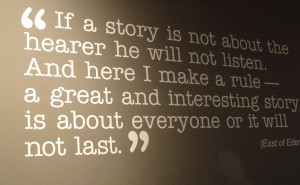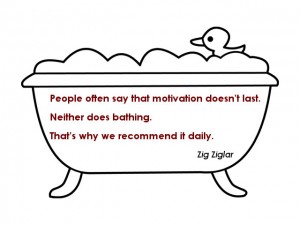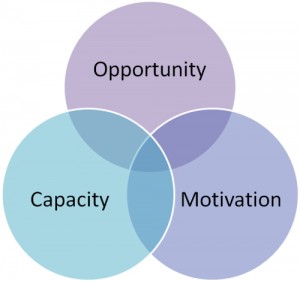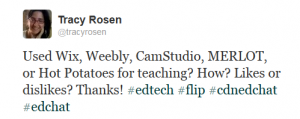I am listening to CBC while waiting for Jack to finish his smoothie and get out of his bath (multitasking). Listening specifically to an interview about the dangers of unlearning over the summer.
(I can’t find a CBC reference but here is a CTV article that mentions the same person being interviewed: Is the Summer Slide Real? Why children fall behind and how to stop it.)
Unlearning doesn’t exist. You don’t unlearn. You forget. And this phenomenon is a symptom of memorization and rote learning.
When learning masquerades as spelling bees, weekly math drills, and memorizing how to differentiate verbs from nouns then yes, it will be forgotten.
And yet, this interviewee is saying that, because children – especially in low socioeconomic brackets – don’t read with their parents over the summer, they are ‘unlearning’ and ruining the gains they had made in the previous school year.
I am amazed at how people are trying to shift the issue from instructional practice to children and families.
Yes. Reading is the key to learning. But it is only a key. And it is a huge gift.
Using that gift to memorize for spelling bees and math and science facts is not inspiring. It is not, dare I say, learning.
Our job is to inspire learning through empathy, reading, written expression, conversation, creativity, problem solving, and a sincere respect of children and their stories.
How dare you blame children and their families for schooling that doesn’t inspire learning and call it unlearning as if that is a thing.








